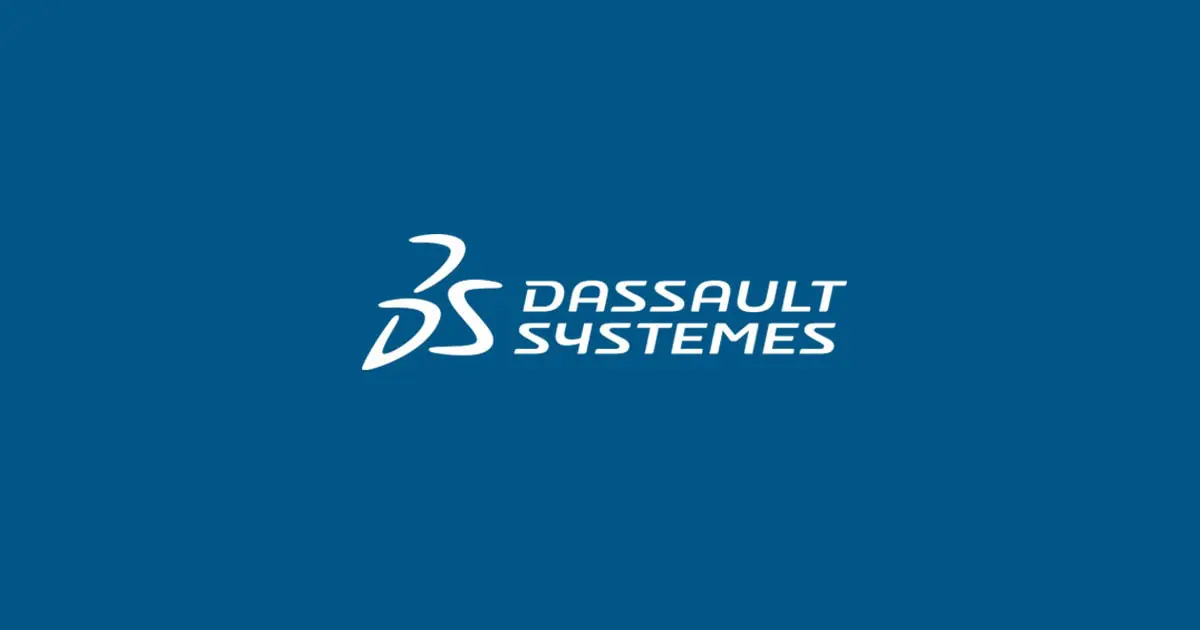In Logistics, we all know the customer is king. Whether it’s the manufacturer, distributor, retailer, shopper, consumer or you! The explosion of e-commerce during the pandemic now means there is even more pressure to deliver goods, to have products and services anywhere at short notice. We’ve all been there – we order, we become impatient, it’s a day late, we track, we call…anticipating the delight of the arrival of our purchase.
The supply chain design has to be customer oriented and customer demands and needs must be anticipated. How can logistics firms meet these customer expectations, ensure reliability, efficiency, and meanwhile, keep costs low? It’s a challenge to have seamless communication, visibility and transparency. Information between suppliers, customers and partners needs to be standard in our increasingly interactive world.
A full supply chain transparency is mandatory to be able to react fast. Real-time information to track and trace any progress and to anticipate delays or outside influences are needed and communication across companies and seamless collaboration has become even more important. In fact, it is these increased customer demands, above all else, that’s driving digital transformation in the logistics industry.
Logistics firms not only have the headache of increasingly demanding customers but are also challenged by mounting complexities within the industry. Logistics is an essential component of society acting as the circulatory system that provides blood flow to a large and complex Global Value Chain (GVC) fueling the economy. In recent years GVCs have become larger and more complex due to increase in global trade, supported by different logistics services that facilitate that exchange. The more GVCs grow in complexity the higher the risk to which the circular economy is exposed.
And we’ve seen these risks severely disrupt the flow of goods. From changes in economic policy and trade with tariff wars or barriers such as Brexit to service disruptions caused by extreme weather events, cyberattacks, and pandemics like Covid 19, the industry has suffered major supply and demand issues, exacerbated by workforce availability and labor shortages. And if that’s not enough, intensified competition and sustainability pressures, such as reduction of CO2, search for alternative energy methods has placed additional pressures on logistics firms.
With all these complexities, human supply chain planners simply cannot manage all planning horizons simultaneously on their own. Platform support is needed to help them make the right decisions. Firms need to find a way to optimize logistics and workforce operations at every step of the value chain to improve efficiencies, scalability, and deliver superior customer service. The idea of a platform as a hub for collaboration and exchange will become reality sooner than later. Transparency, communication and collaboration EXPERIENCE drives this market and many investment initiatives by logistics companies are focused on this requirement.
Whilst the pandemic accelerated digital transformation in Logistics, some companies have adopted a wait and see approach until solutions are tried and tested and become available. That said, digital transformation of processes has been amongst the top three priorities during the last few years but the overwhelming majority of companies still have substantial potential for improvement. The most urgent action required relates to the growing staff shortage and upcoming applications of business analytics. Many companies have started this process. They understand that it’s mandatory in order to survive, that transparency throughout the value chain, is driven by customer demands and that seamless data and the exchange of information is vital across and within networks.
An advanced digital platform is the way forward for firms to overcome disruptions, adapt to complex global networks and contain costs. With Dassault Systèmes’ 3DEXPERIENCE Platform, firms can connect the dots between people, data and processes to optimize the planning process end to end across the supply chain and make data driven decisions to increase efficiencies, increase visibility and transparency and optimize resources. They can improve end to end service quality through leaner operations and more effective capacity management and overcome disruptions with speed, agility and acurracy to improve the customer experience. Click here to learn more

